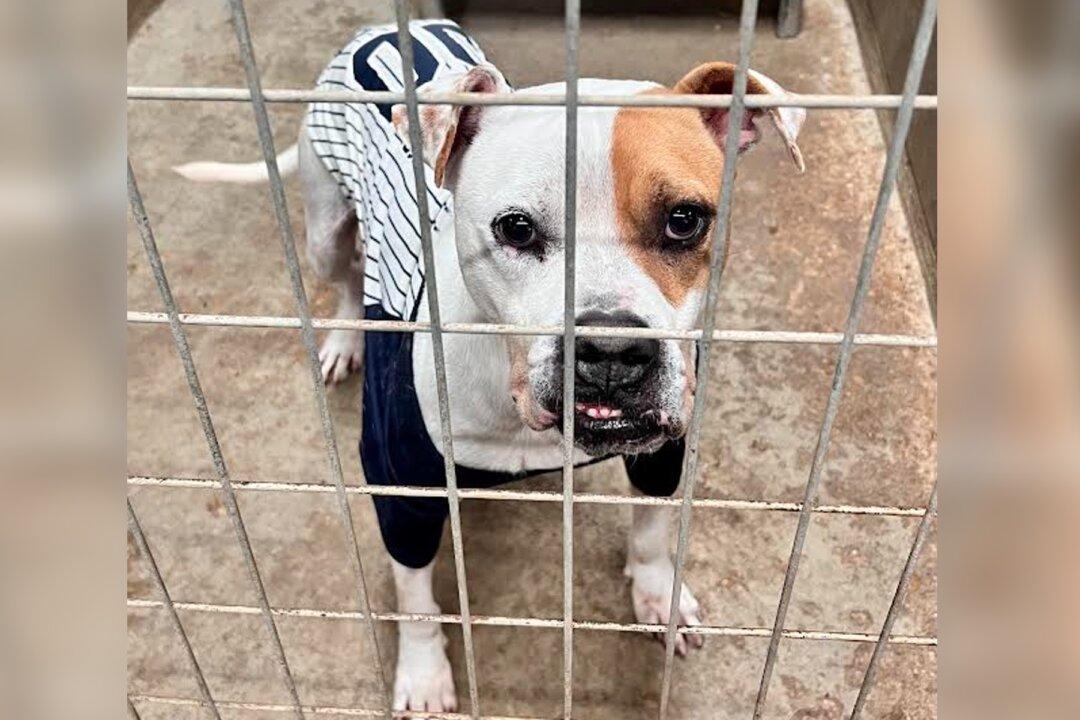In troubled economic times, Valerie Hicks sees the most vulnerable populations, which are hit the hardest.
“People are scared and struggling, and when that happens, people take stock of their priorities, and unfortunately their pets aren’t on the top of that list,” Hicks told The Epoch Times. Hicks is the board chair of Community Animal Rescue & Adoption (CARA), a rescue organization in Jackson, Mississippi.





